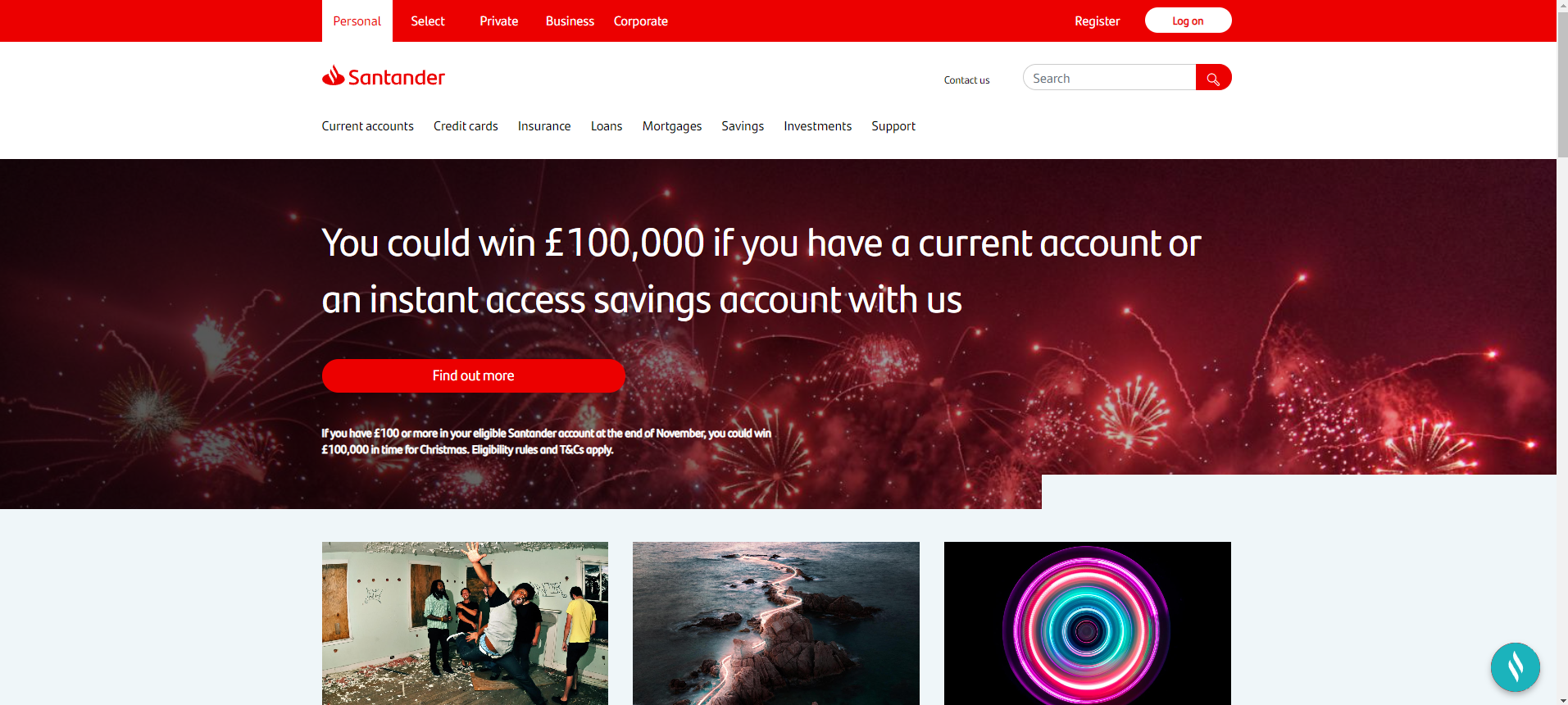Are you a customer of Santander Bank? In that case, you should be wary of a clone impersonating the international institution on the Internet. This week, the UK's Financial Conduct Authority (FCA) issued a warning about the dishonest entity, cautioning consumers against another clone in the UK market.
Beware of Santander Bank Finance
According to the FCA warning published yesterday (Tuesday), an entity operating in the British market called Santander Bank Finance offers financial and banking services through the website santanderbank-finances.com, impersonating the regulator-licensed and globally recognized Santander Bank.
Although the clone company's site should immediately raise a red flag for consumers, the FCA noted that the fake entity uses the contact details of the original institution and may try to reach out to individuals in Great Britain and Europe.
This is how the clone's site, Santander Bank Finance, appears:

And this is what the original Santander Bank's UK site looks like:

"If you deal with this firm, you won't have access to the Financial Ombudsman Service if you have a complaint. You also won't be protected by the Financial Services Compensation Scheme (FSCS) if things go wrong. This means it's unlikely you'd get your money back if the firm goes out of business," the FCA reminded in its official statement.
Below are the contact details provided by the clone firm:
This is the second time this month that the FCA has highlighted the activities of clone firms. Finance Magnates reported on 1 November that the regulator had warned about the activities of an entity impersonating Saxo Bank.
Why Clones Are Dangerous?
Clone firms are fraudulent entities that mimic legitimate companies, often by using their name, address, and Firm Reference Number to appear credible. They may also copy the website design and branding of the genuine company they are impersonating.
The danger of clone firms lies in their deception. They exploit the public's trust in legitimate financial institutions to defraud individuals. When dealing with clone firms, individuals may believe they are investing in secure and profitable financial products or services, but instead, they risk losing their money to scams.
Additionally, because these clone firms are not actually registered or regulated, victims have very limited protection or recourse for the funds they may lose. This can lead to significant financial loss. Consumers need to verify the legitimacy of a company before engaging in any financial transactions, using official regulatory websites or direct contact methods to ensure they are dealing with the proper firm.


















